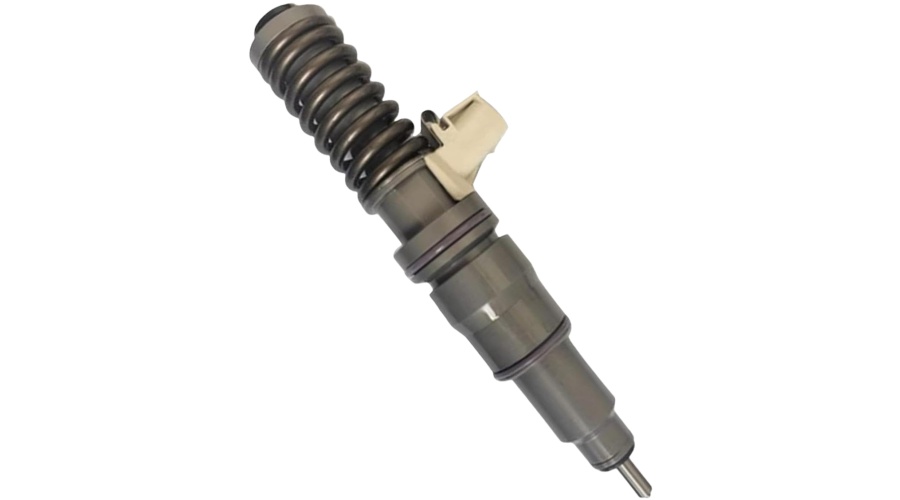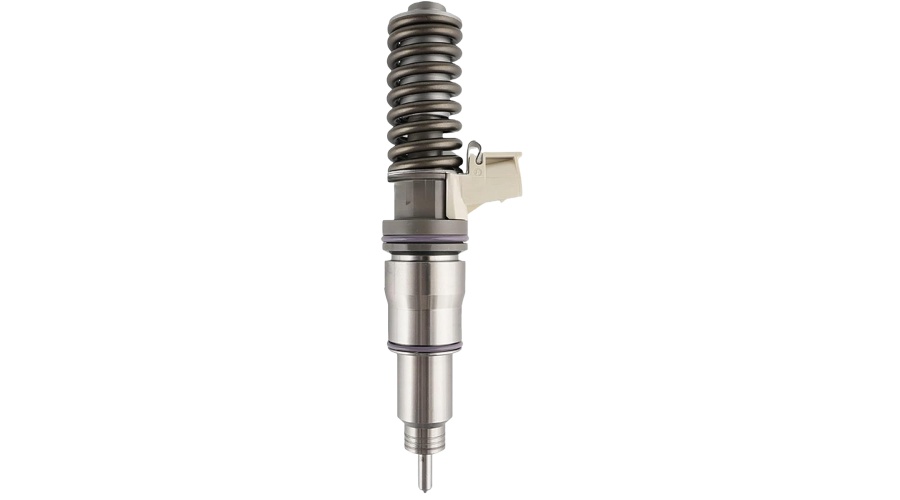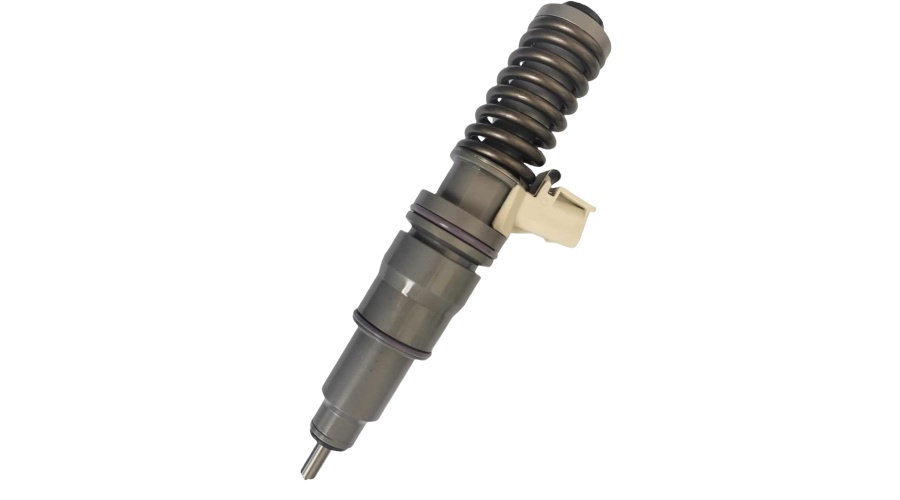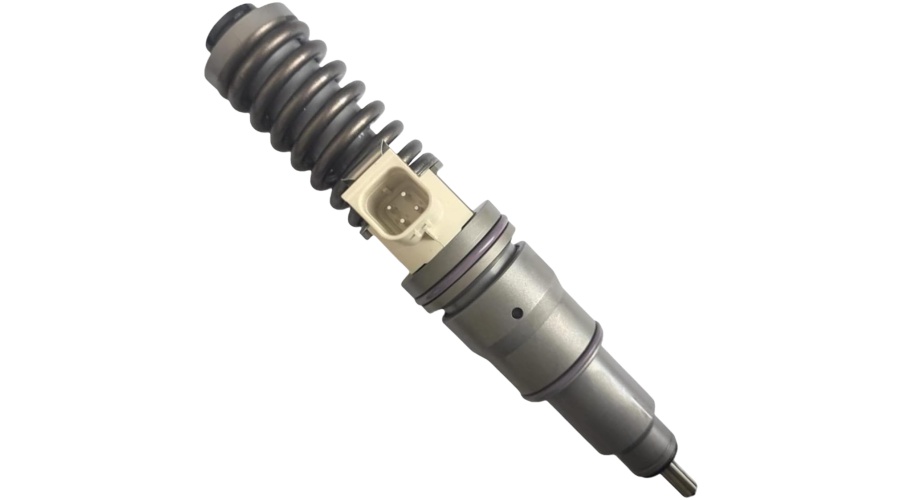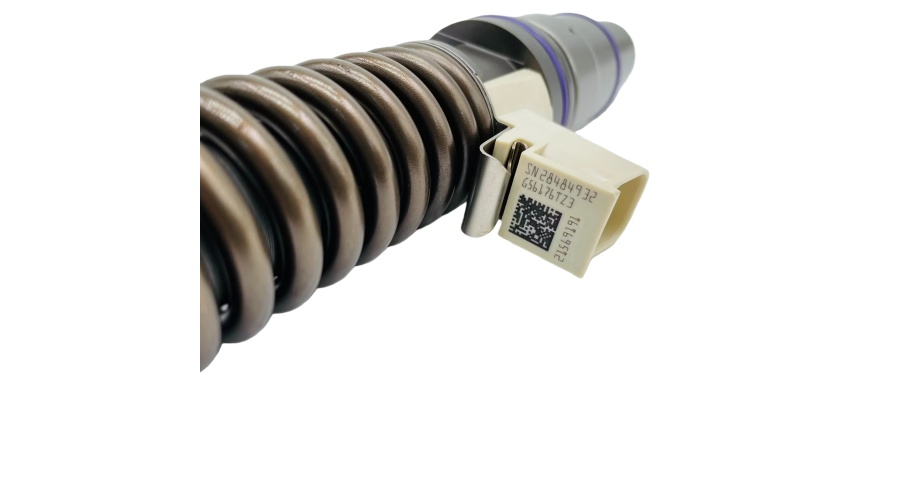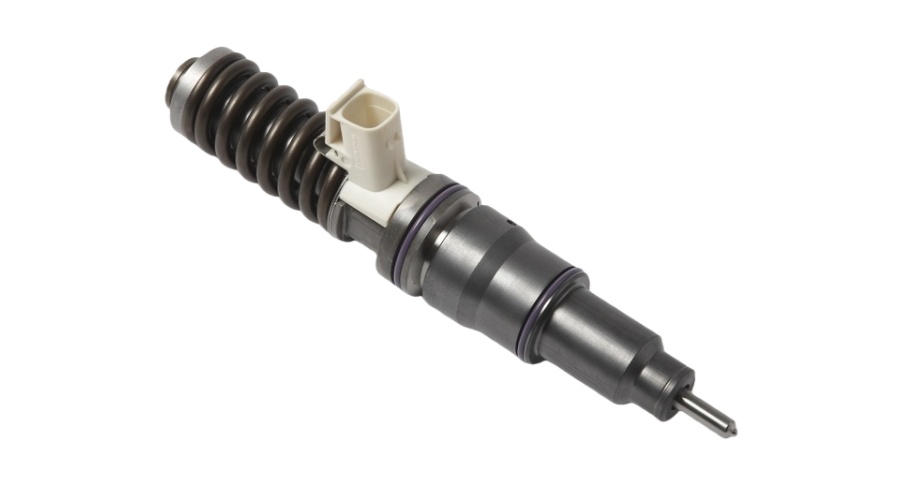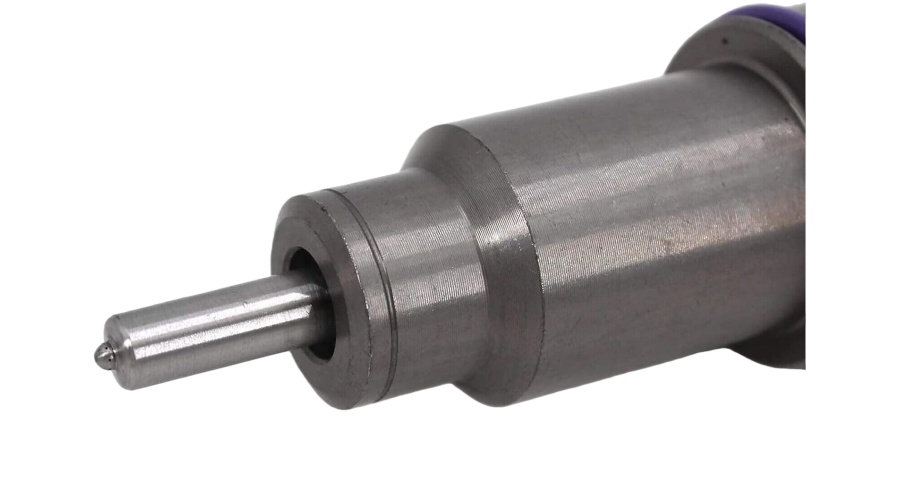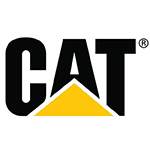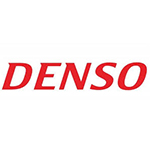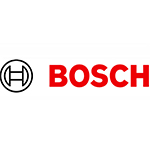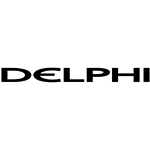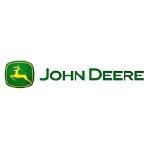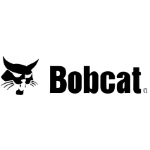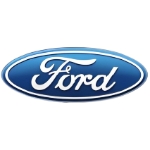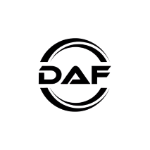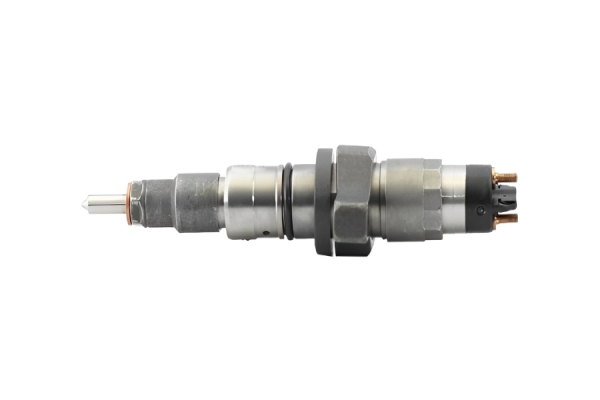This is a diesel fuel injector, specifically a solenoid-type injector, used in various Volvo cars and SUVs from the mid-2000s to the 2010s. It's a critical component of the common rail direct injection system, responsible for delivering a precise amount of atomized fuel into the combustion chamber at the exact right moment.
Key Specifications & Details
OEM Part Number: 21569191 (This is the original Volvo number)
Supplier Part Number: BEBE4N01001 (This is often the number from the manufacturer, Bosch, or a remanufacturer).
Manufacturer: These injectors were originally manufactured by Bosch for Volvo. You might also find them listed under the Bosch number 0445110374.
Type: Solenoid-Operated Common Rail Diesel Injector.
Compatible Fuel Systems: Bosch EDC16 and EDC17 engine management systems.
Common Volvo Applications
This injector is found in several popular Volvo models equipped with the 2.4L D5 and similar 5-cylinder diesel engines.
Important: Always cross-reference your VIN (Vehicle Identification Number) with a reliable parts database before purchasing. Using the wrong injector can cause severe engine damage.
Models that commonly use this injector include:
Volvo S80 (2006-2014)
Volvo V70 (2007-2016)
Volvo XC70 (2007-2016)
Volvo XC60 (2008-2013)
Volvo S60 (2010-2013)
Volvo V50 (2007-2012)
Volvo XC90 (2006-2014)
Engines:
D5 2.4L 5-cylinder diesel engine (in various power outputs, e.g., 185hp, 205hp)
2.4D 2.4L 5-cylinder diesel engine
Symptoms of a Failing Injector
If you are researching this part, your vehicle might be showing one or more of these symptoms:
Hard Starting / Long Crank: Difficulty starting the engine, especially when cold.
Rough Idle / Misfire: The engine shakes or stumbles at idle. You might also feel a loss of power under acceleration.
Excessive Smoke: Blue, black, or white smoke from the exhaust, indicating improper fuel burning.
Increased Fuel Consumption: A faulty injector can leak or deliver too much fuel.
Engine Management Light: The check engine light will likely be illuminated. Diagnostic trouble codes (DTCs) related to fuel injection or cylinder misfires (e.g., P0201 - Injector Circuit Malfunction Cylinder 1) will be stored.
Ticking or Knocking Noise: A louder-than-usual ticking sound from the engine bay can indicate a leaking or stuck injector.
Fuel Smell: A strong smell of diesel fuel, potentially from a leaky injector seal or body.
Important Considerations for Replacement
Replacing a diesel fuel injector is not like replacing a spark plug. It requires specific knowledge and tools.
Professional Installation Highly Recommended: This is a critical and precise job.
Coding/Programming Required: Each new or replacement injector has a unique calibration code (often printed on a tag on the injector itself). This code MUST be programmed into the car's Engine Control Module (ECM) using specialized diagnostic software (like VIDA from Volvo). If not coded, the engine will run poorly.
Seals and Hold-Down Clamps: You MUST use new sealing washers and copper crush washers. The hold-down clamps should also be replaced as they can stretch and lose clamping force.
New Fuel Filter: Always install a new fuel filter after working on the fuel system to prevent contamination.
Return Lines: The plastic fuel return lines often become brittle and can break during removal. It's a good idea to have replacement lines on hand.
Remanufactured vs. New: New injectors are very expensive. High-quality remanufactured injectors are a common and reliable alternative. Ensure they come with a warranty and the correct calibration code.

